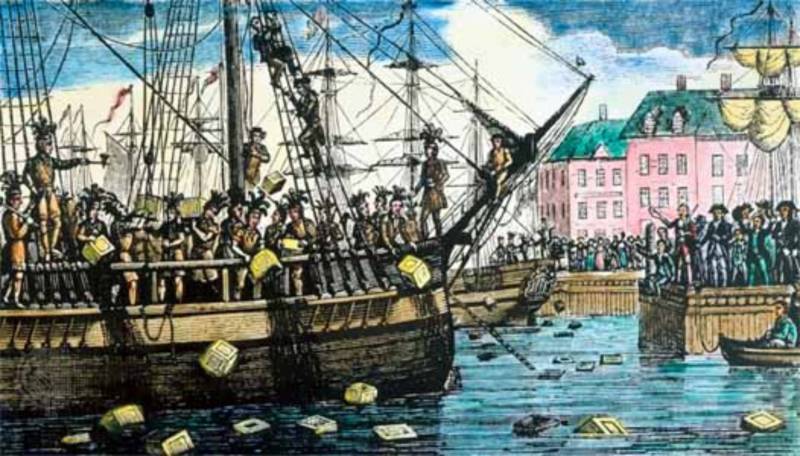By Omer Zahir
In 1763, the British government started passing laws to tax the colonies. The British government imposed taxes on items like glass, paint and tea. The taxes disappointed the colonists who wanted a voice in British Government. The colonists were with the motto that “No taxation should be implemented without any representation.’’ To show that they are furious, most of the colonists refused to buy any sort of British goods.
In the year 1770, Britain had ended most of the protested taxes. But still the Britain’s wanted to prove they have the right to impose tax. So, therefore, they kept a small tax on any one product which was tea. Colonists on the other hand, still refused to pay the British tea tax. They drank smuggled Dutch tea instead. As a result of the colonists boycott, British companies were not selling much tea.
In 1773, Britain passed a law saying that only the British East India Company could sell tea in the colonies. But when three ships full of British arrived in Boston Harbour, the colonists demanded that the ships return to England immediately. The British returned, and the colonists took action. On the night of December 16, 1773, a group of colonists led by Samuel Adams boarded the three ships. The group, which called themselves the Son of Liberty, dumped more than 300 chests of tea into the bay. This event became known as the Boston Tea Party. It is one of the actions that led to the Revolutionary War.
Published in Young Nation magazine on September 10, 2016






